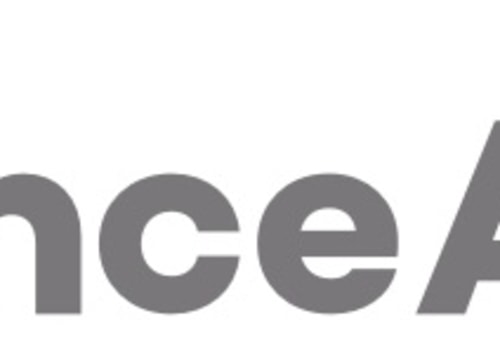A cash advance is a short-term loan that you can get with your credit card. It is a type of loan that is usually paid back quickly, with a few application requirements. The loan is based on your credit card's equity, which is usually a part of your next paycheck.
Payday loans
, on the other hand, are high-interest loans that are typically used to cover immediate expenses.They are also known as cash advance loans or check advance loans. Payday advances are a different type of loan offered by employers. This type of loan does not involve any debt and does not come with interest or fees. It is designed to help employees overcome difficult times without going into debt.
Personal loans have much lower interest rates and fees than payday loans. If you have good credit, you may be able to qualify for a single-digit interest rate. Payday advances and payday loans are two different arrangements, and it is important to understand the differences between them. Payday advances are offered by employers and do not involve any debt or interest.
Personal loans have much lower interest rates and fees than payday loans, and if you have good credit, you may be able to qualify for a single-digit interest rate. It is important to note that unlike normal purchases made with your credit card, there is no interest grace period for cash advances. According to national data collected by the Consumer Federation of America, 31 states allow payday loans. To complete a payday loan application, you typically need to provide paystubs from your employer showing your current income level. Borrowers who want to consolidate debt from a payday loan but cannot qualify for a traditional loan might also consider entering a debt management plan through a counseling agency.
Employers also offer payday advances because they have compassion for people struggling to make ends meet. Payday loans tend to be risky, because they come with high fees and interest that can trap you in a debt cycle. Regulations in some states explicitly or effectively prohibit payday loans in the traditional sense as two-week high-interest loans.







Leave Message